News
“Here, the engineers of the future will definitely grow!” – realizing the opportunities in one of the most modern secondary schools in the country – Jelgava Technology Secondary School – concluded the President of the State, Edgars Rinkēvičs. This was one of the goals – during the reconstruction of the school, to introduce innovative learning solutions and provide the technical infrastructure to allow students to explore IT and engineering by practical means.
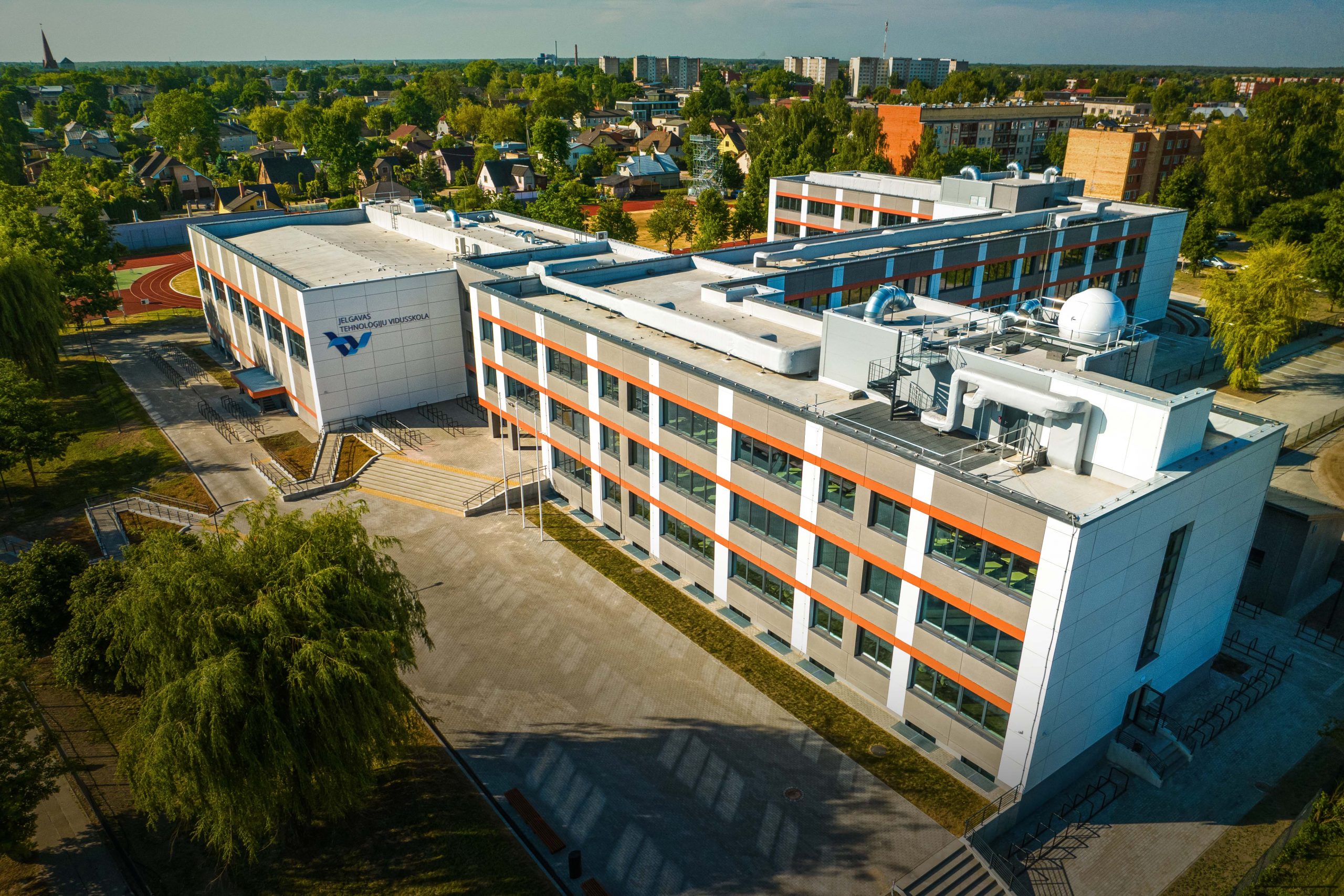
By implementing the European Regional Development Fund (ERDF) project “Improvement of Learning Environments in Jelgava State Gymnasium and Jelgava Technology Secondary School,” the school has acquired a modern material and technical base to develop students’ practical skills, creativity, and interest in IT and engineering. The total cost of the project is 22,598,240.22 euros, with ERDF funding of 6,696,748 euros, state budget grant of 683,962.52 euros, and municipal co-financing of 15,217,529.70 euros.
On the ground floor of the school, a spacious IT center has been established where not only the Technology Secondary School students but also students from other city schools can learn engineering. The center has two classrooms where students become acquainted with the latest technologies, work with various robots, program, explore 3D technology, simulations, and much more. It’s worth mentioning that the school’s heating unit is planned to be partially used as a laboratory to study heating, ventilation, and temperature processes. Additionally, an observatory has been built on the school’s roof to popularize astronomy among students. However, a telescope is still awaited – practical activities will only begin after its acquisition. A meteorological station is already operating on the school’s roof, collecting data on air temperature and humidity, which the youth can analyze and use in practical tasks. Solar panels are also installed on the roof to teach students how to use renewable energy resources in daily life. With the aim of reinforcing theoretical knowledge in practice, a workshop has been built in the school yard where students can weld, mill, build electric cars, and repair their bicycles.
A Youth Entrepreneurship and Career Motivation Center has also been established at the Technology Secondary School. One of its main tasks is to generate interest in IT, engineering, and entrepreneurship in these fields among students through various activities. “Our rich material and technical base allows young people to try their hand at many things, such as printing their own T-shirts or mugs, creating a new product with a 3D printer, and acquiring their first skills in drone piloting. The center’s task is to offer young people practical opportunities, making their career choices more purposeful,” explains Kaspars Antonevičs, deputy director of Jelgava Technology Secondary School and head of the IT center, revealing that this school year, the center is focusing on several major activities. For example, a training seminar for Zemgale region school teams has just begun, titled “From Training to LEGO Sumo Champion,” and the teams will create LEGO sumo robots to participate in the Latvian Robotics Championship. Moreover, the Zemgale regional robotics competition of the championship will take place at our school – Jelgava Technology Secondary School. This school year, the Youth Entrepreneurship and Career Motivation Center will also organize training for Zemgale region students and teachers on the use of modern technology in school and a conference called “Modern Technology in Schools,” with the aim of allowing teachers to share their experience on promoting business thinking in the technology education process. “But our long-term plan is for this center to become a platform for practical work for Jelgava students. For example, for student learning companies who choose to create products in the IT or engineering field, right here, they can create prototypes of their products, receive the necessary support and advice,” explains K. Antonevičs.
The center was established with the support of the European Economic Area Financial Mechanism 2014-2021 program “Local Development, Poverty Reduction, and Cultural Cooperation.”
However, this is just a small part of the plans that Jelgava Technology Secondary School intends to implement along with the new opportunities.
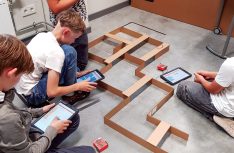
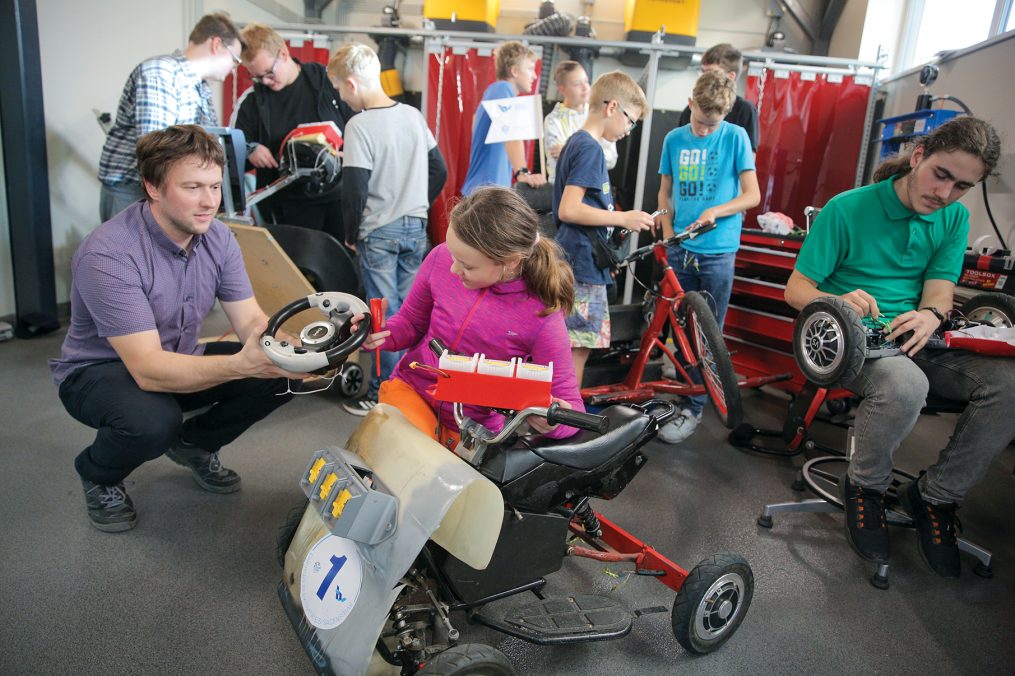
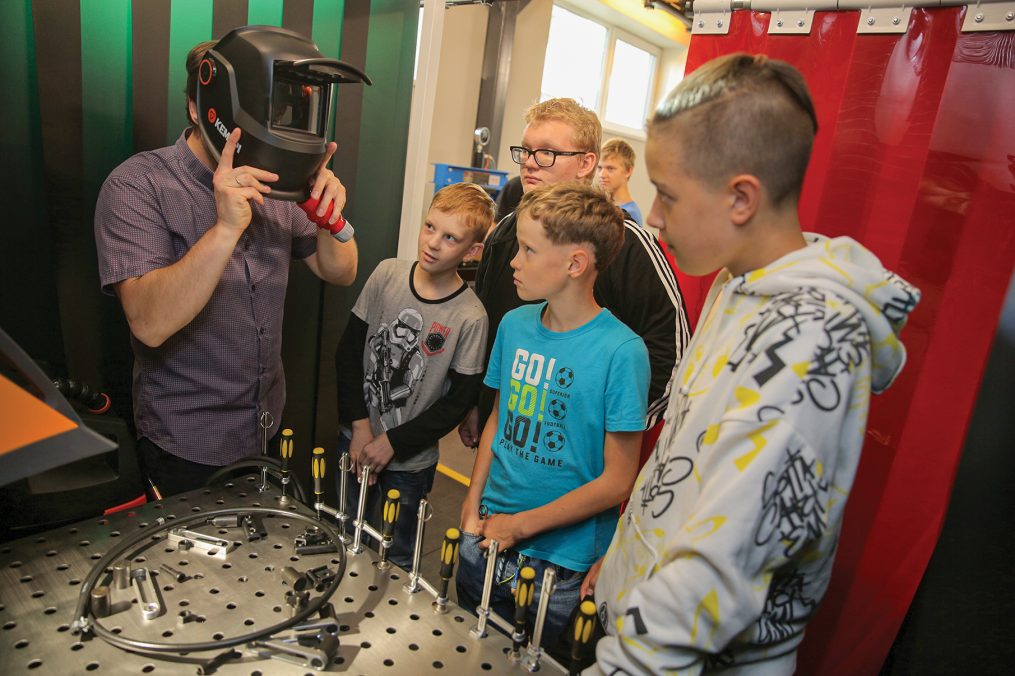
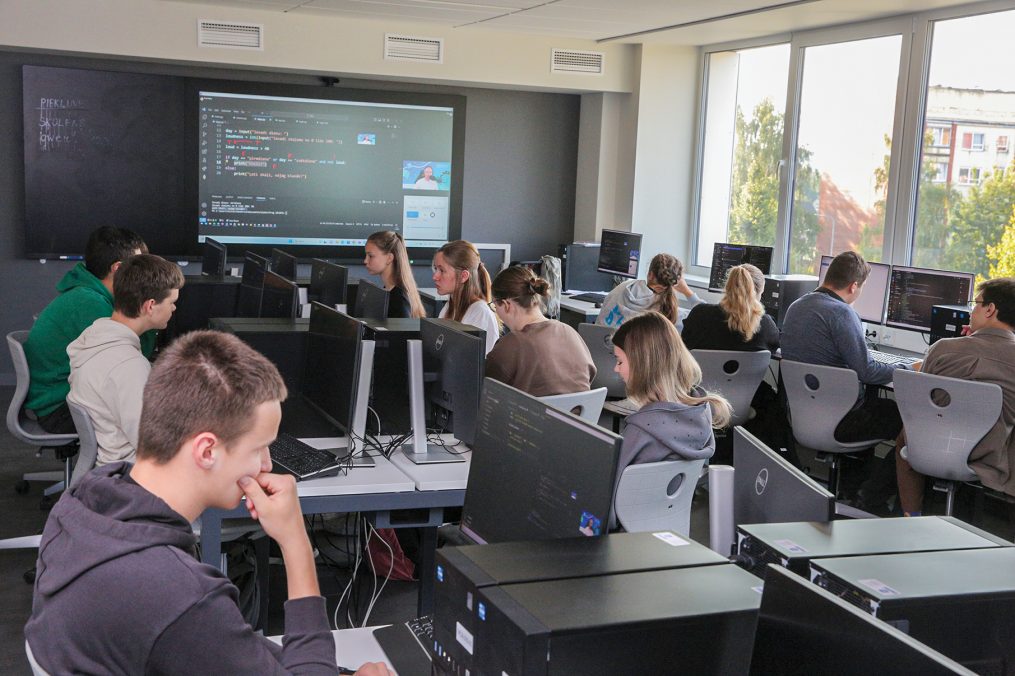
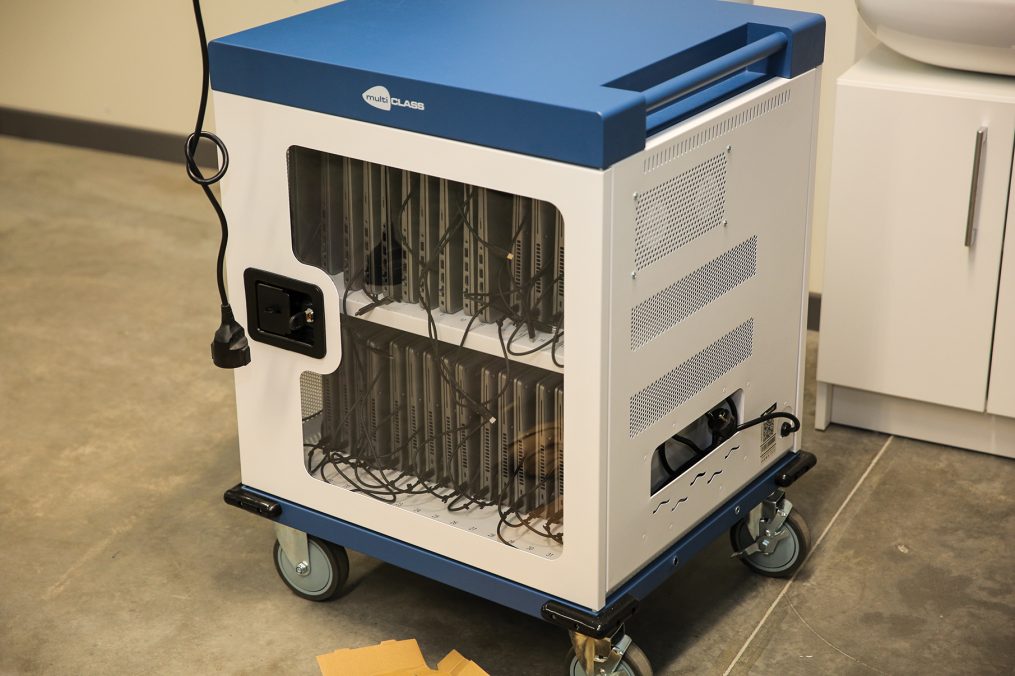
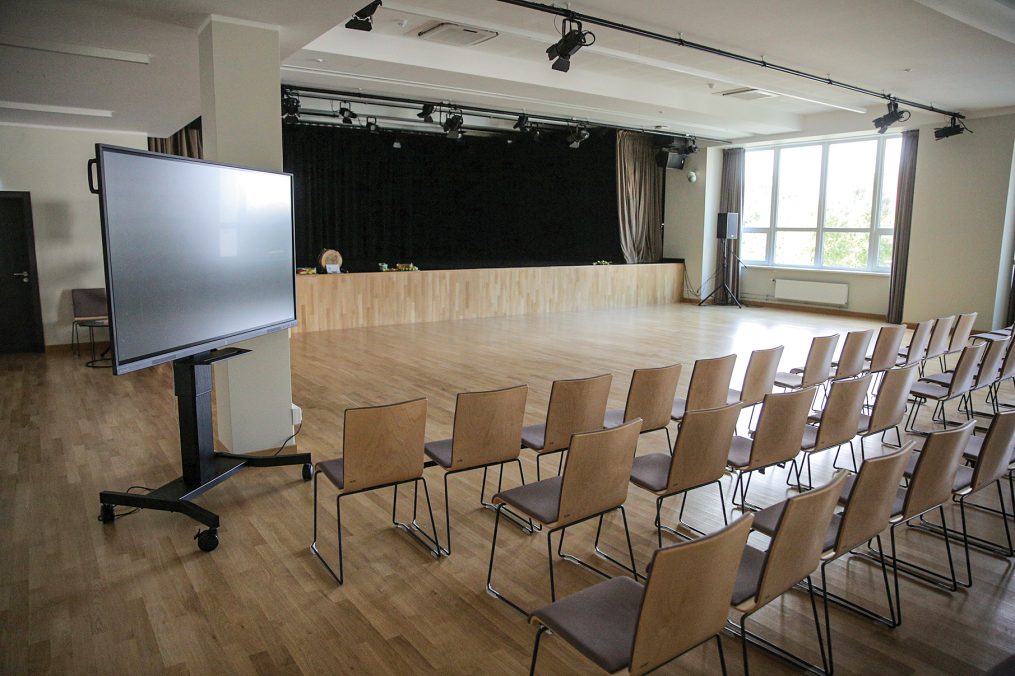
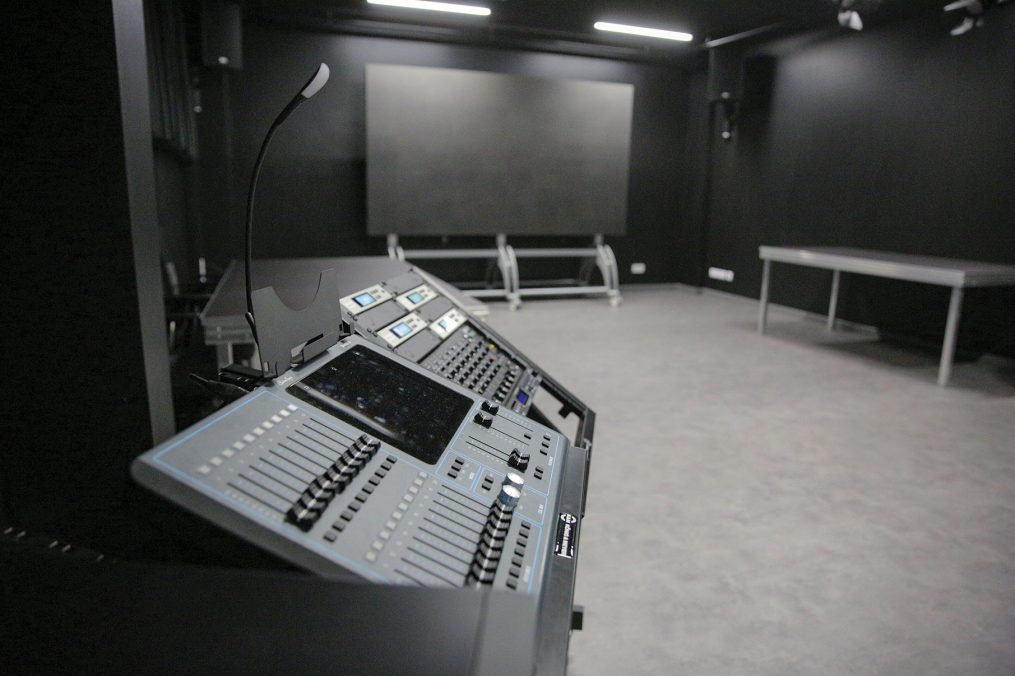
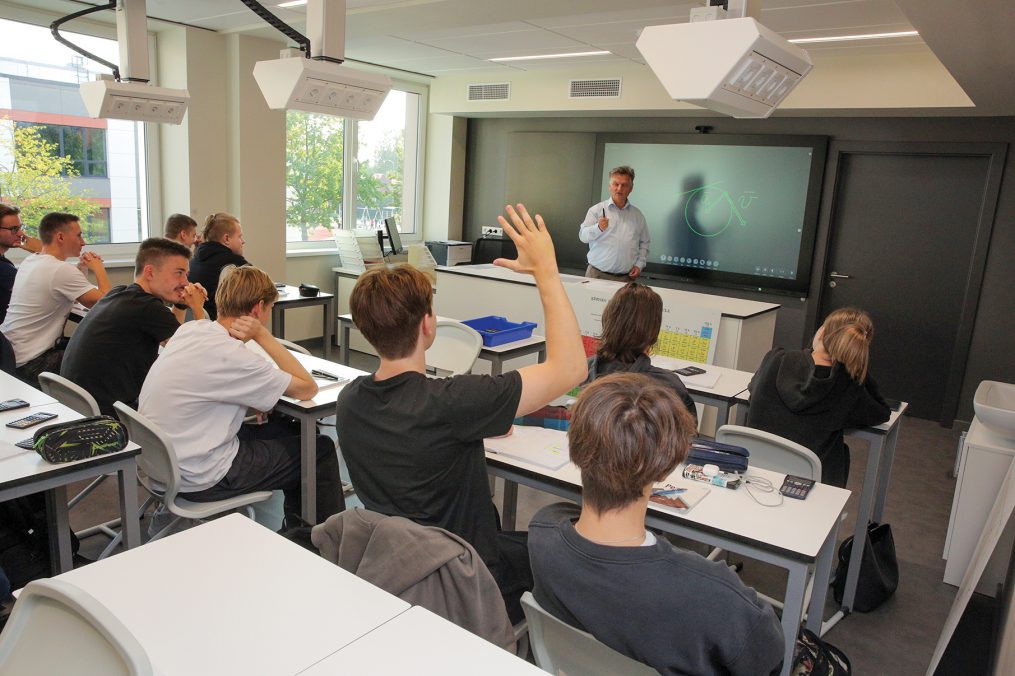
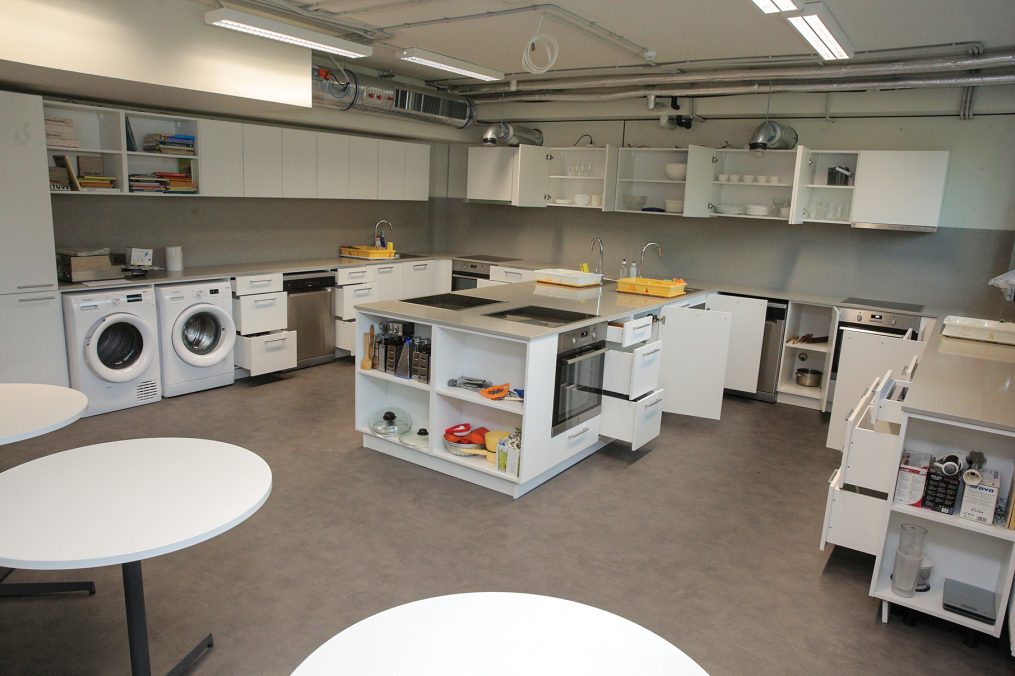
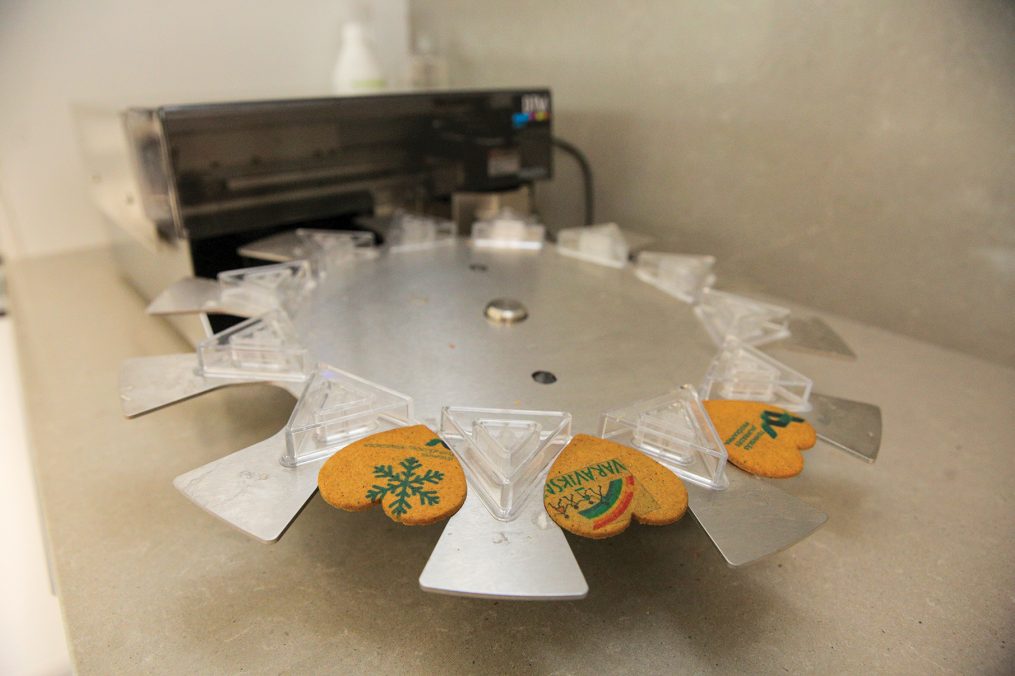
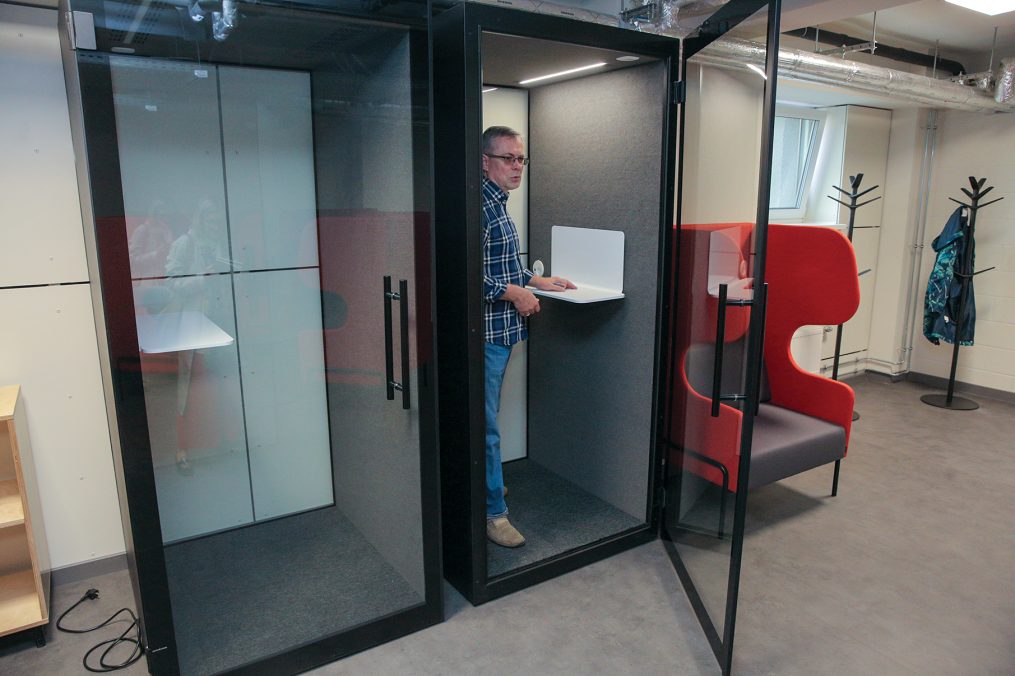
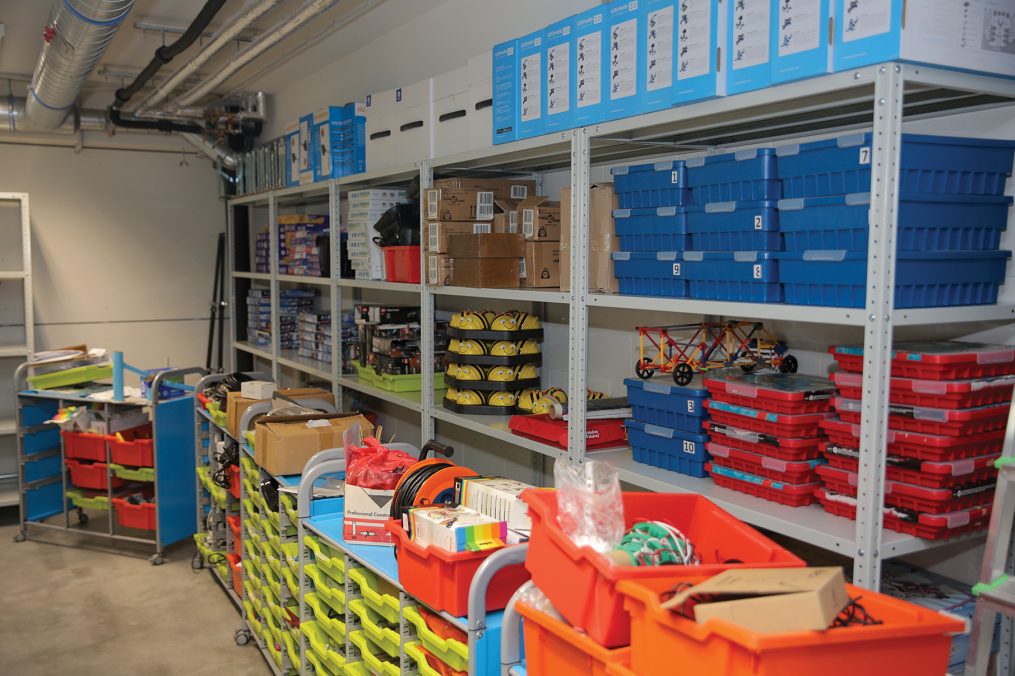
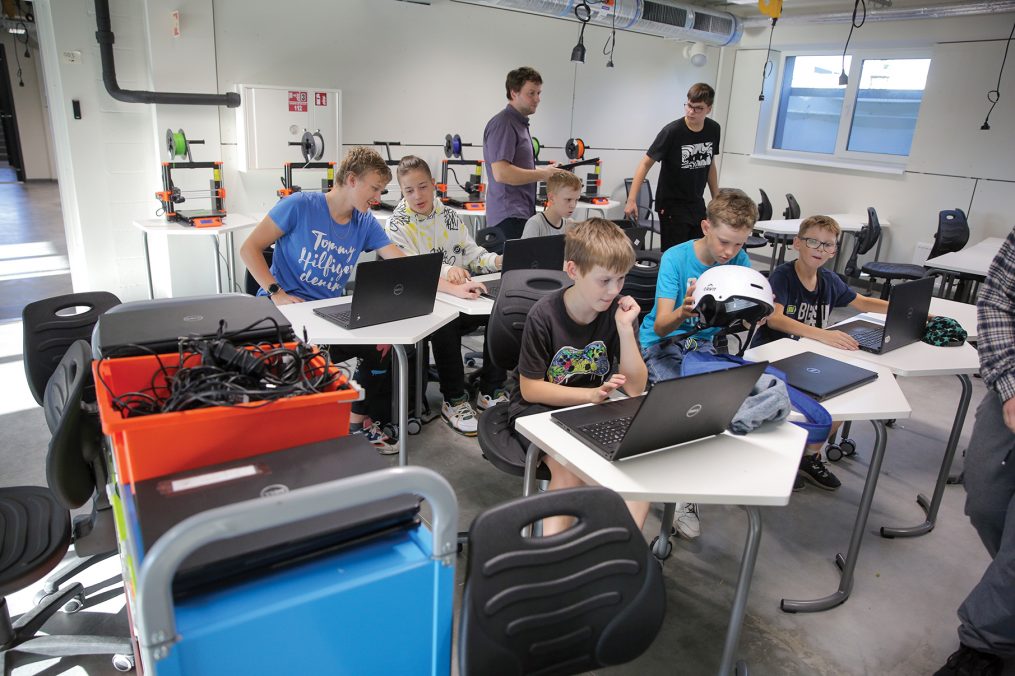
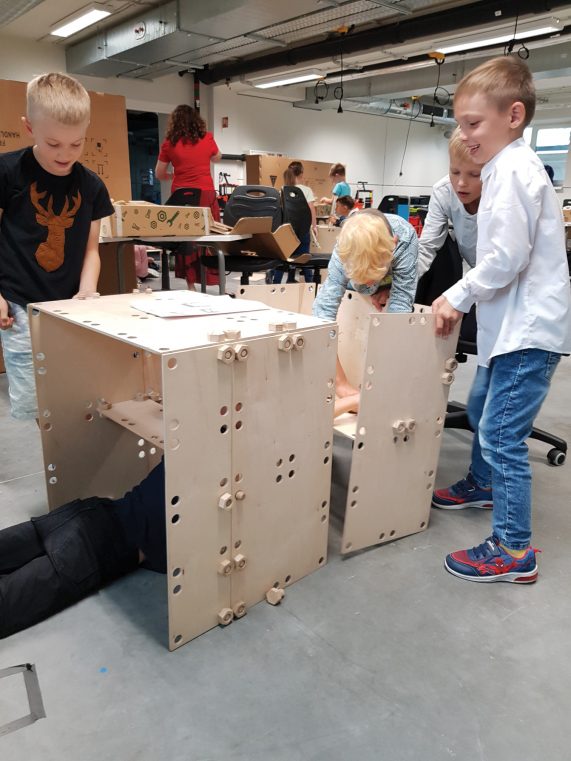
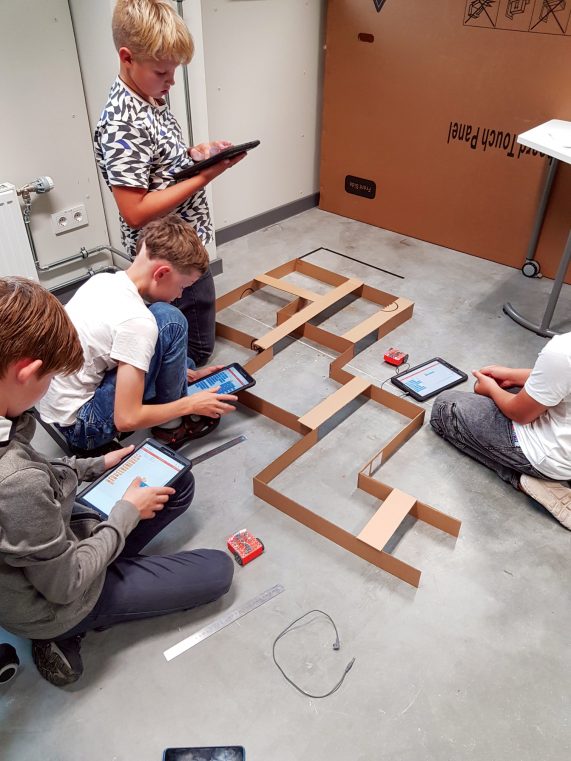
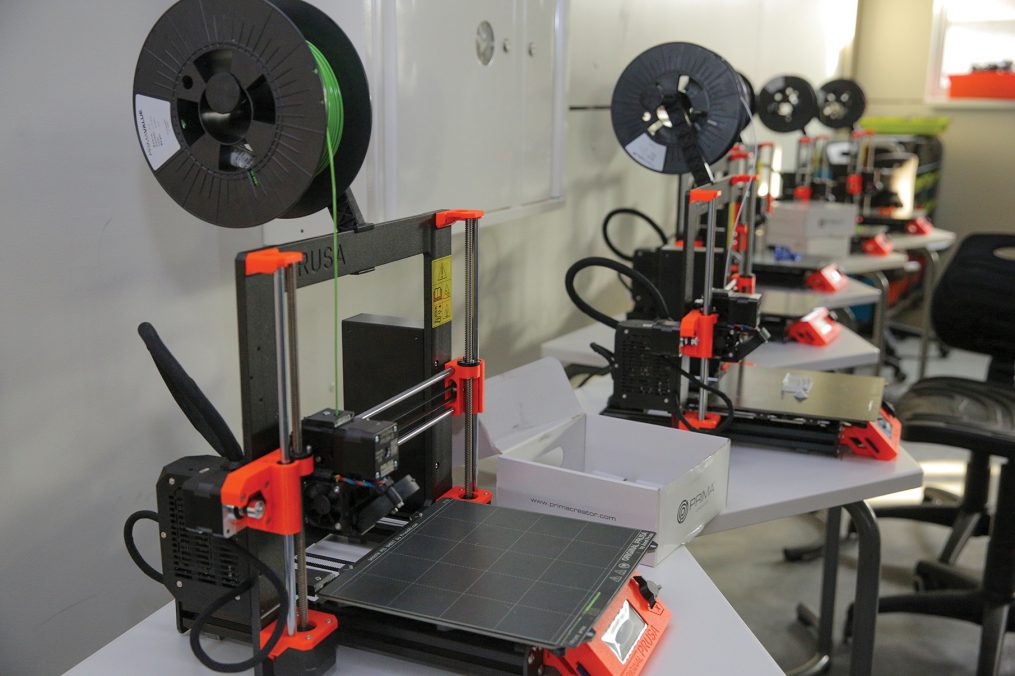
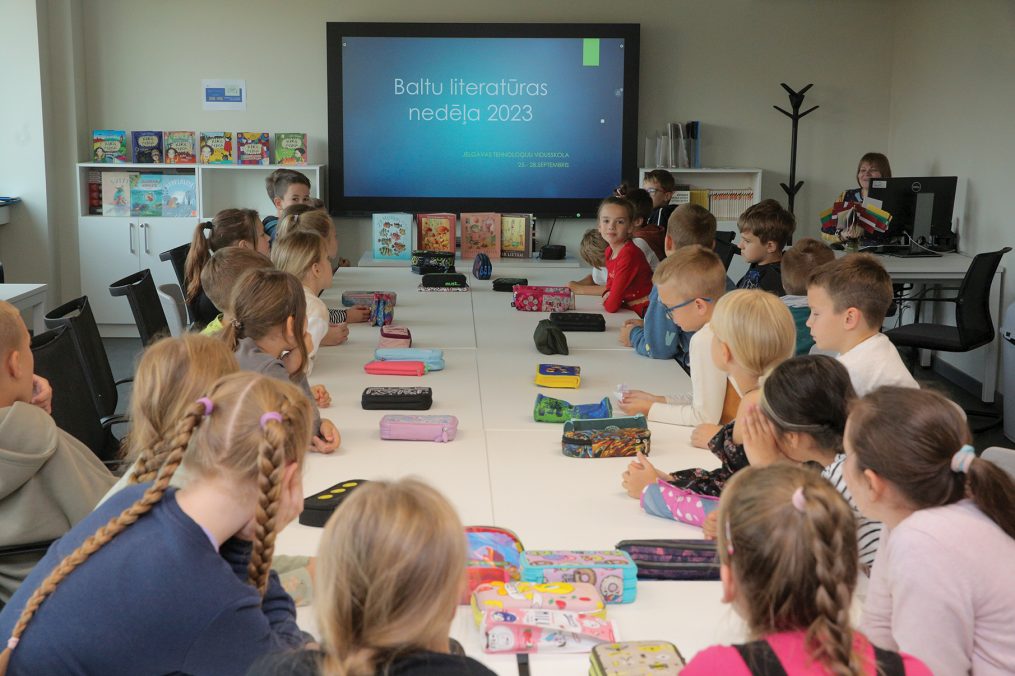
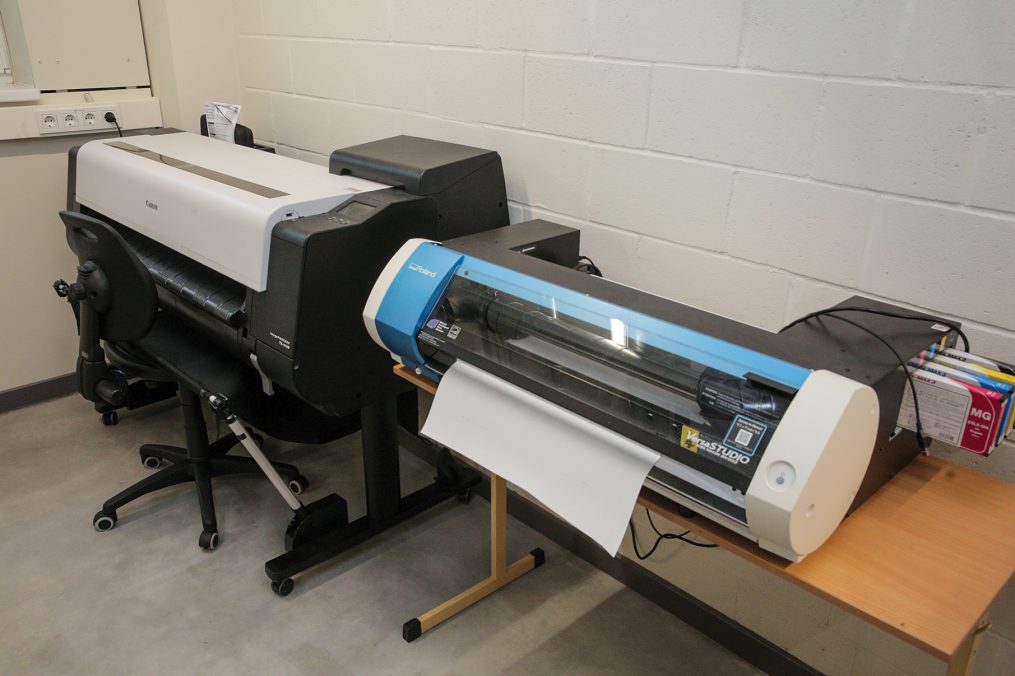
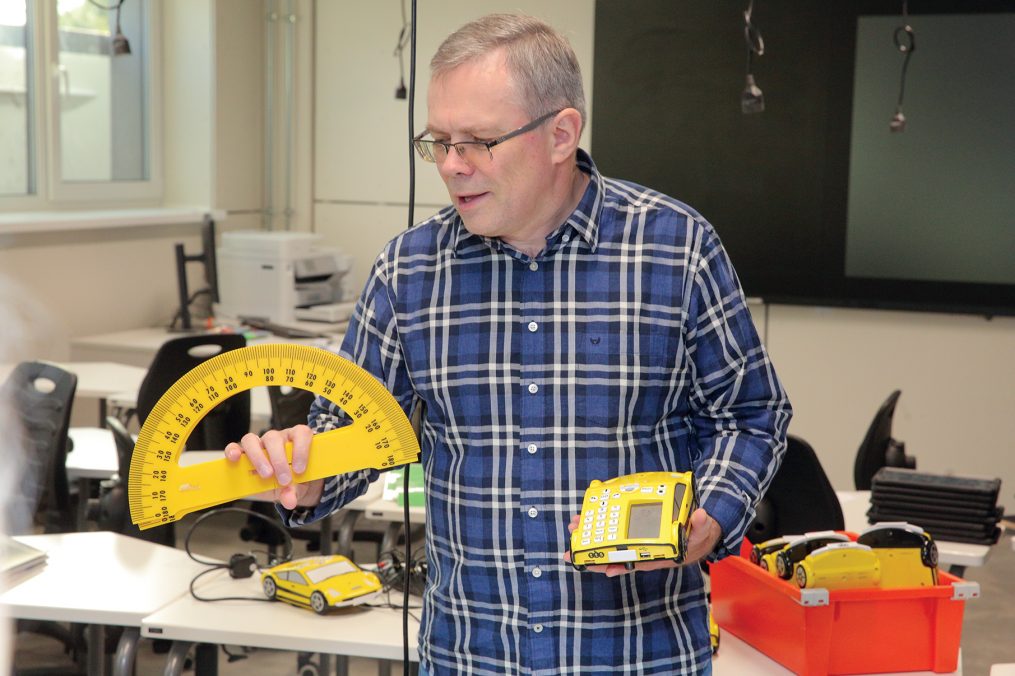
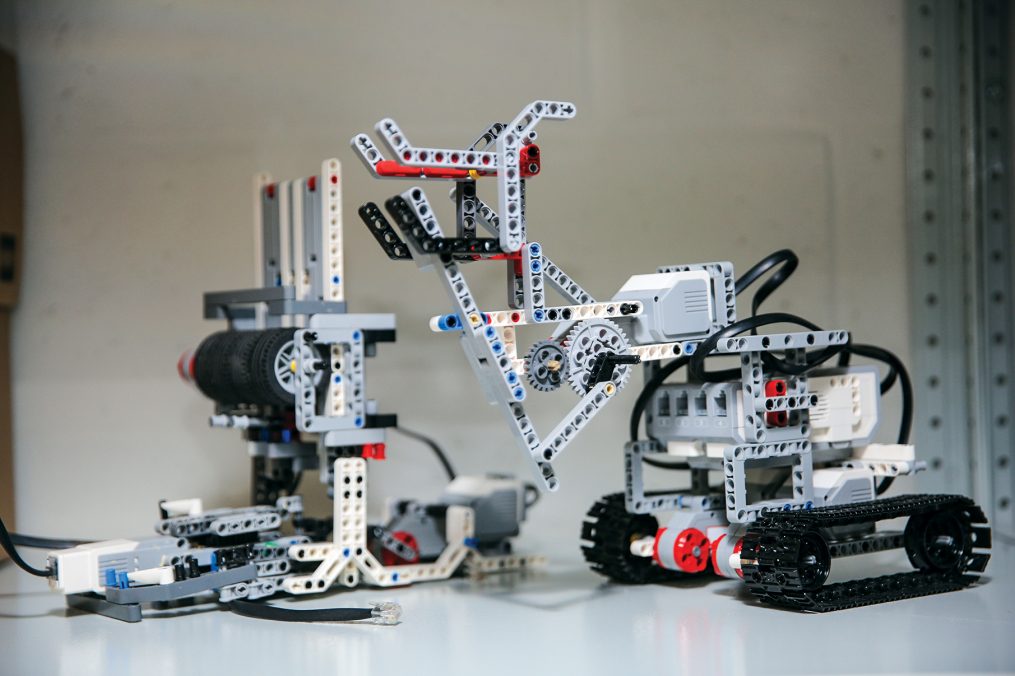
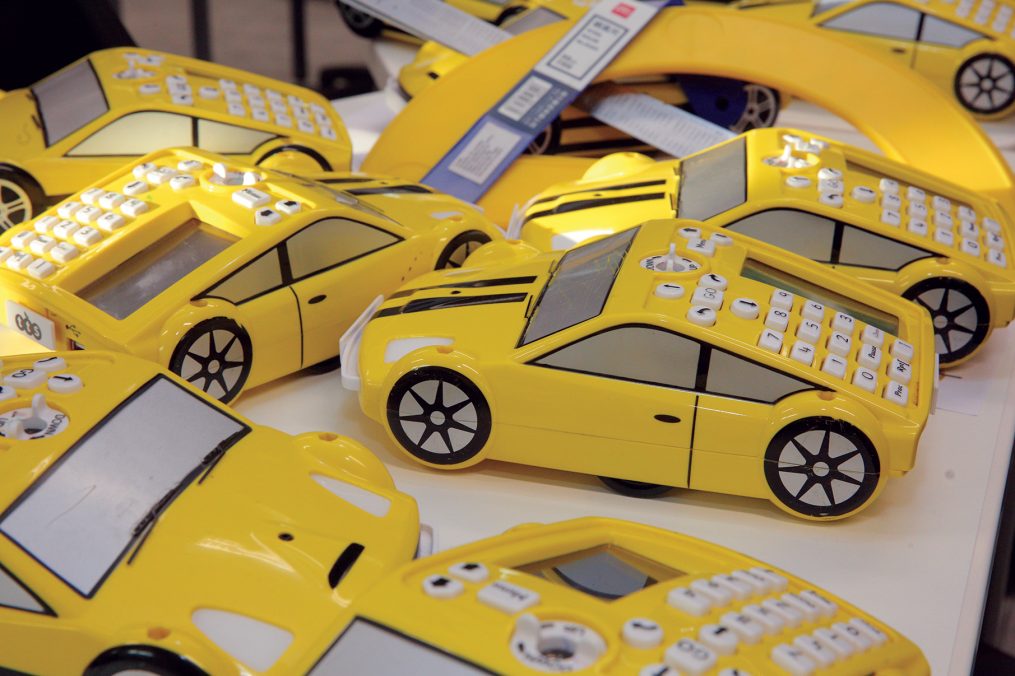
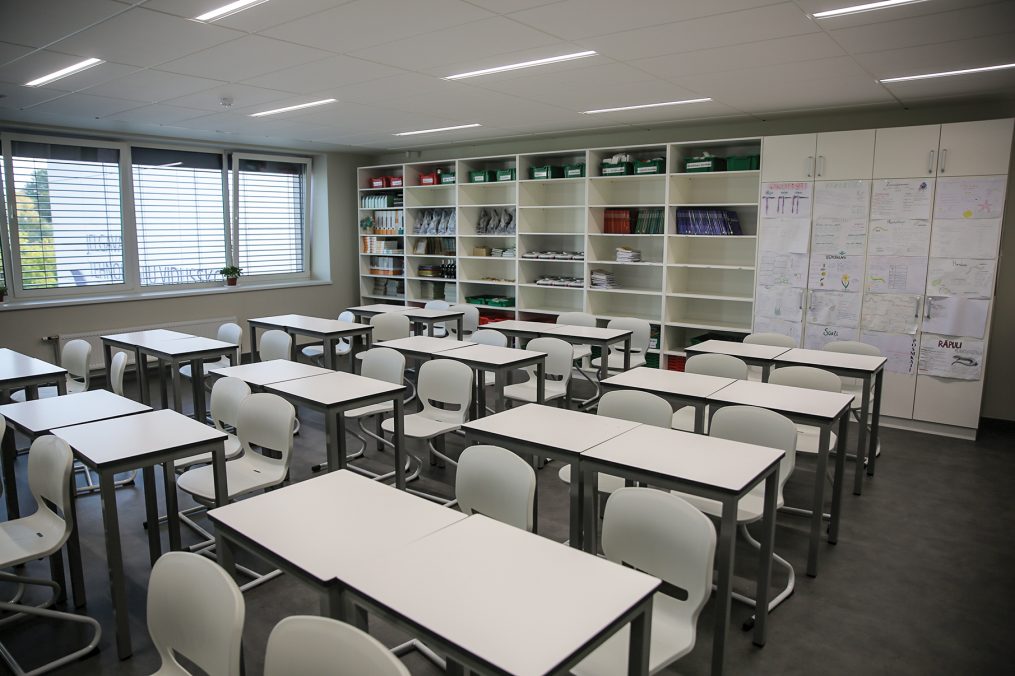
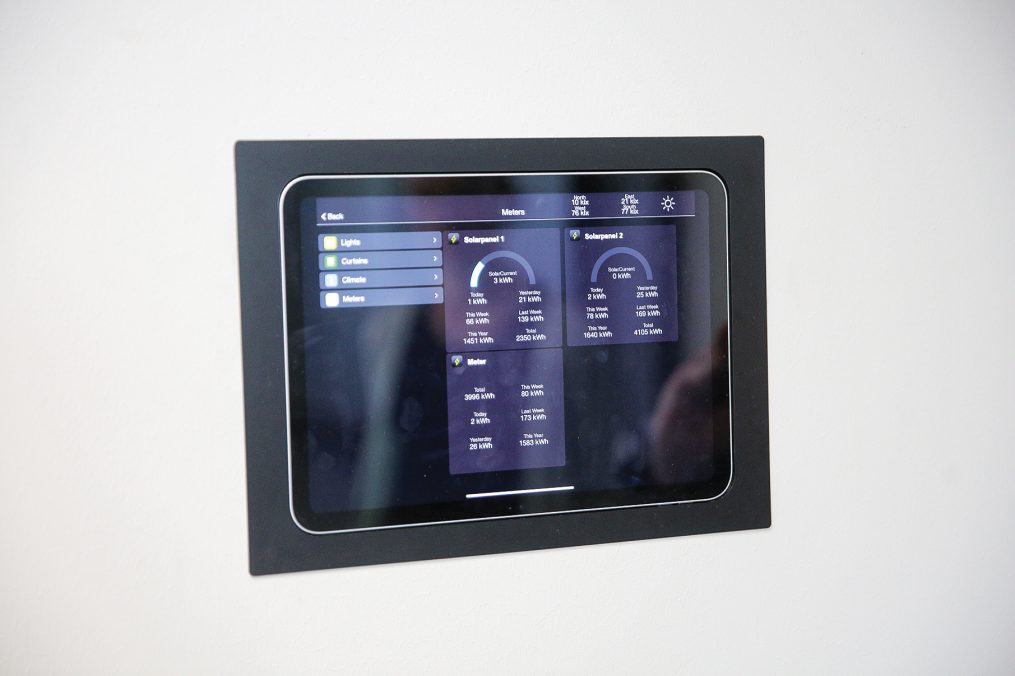
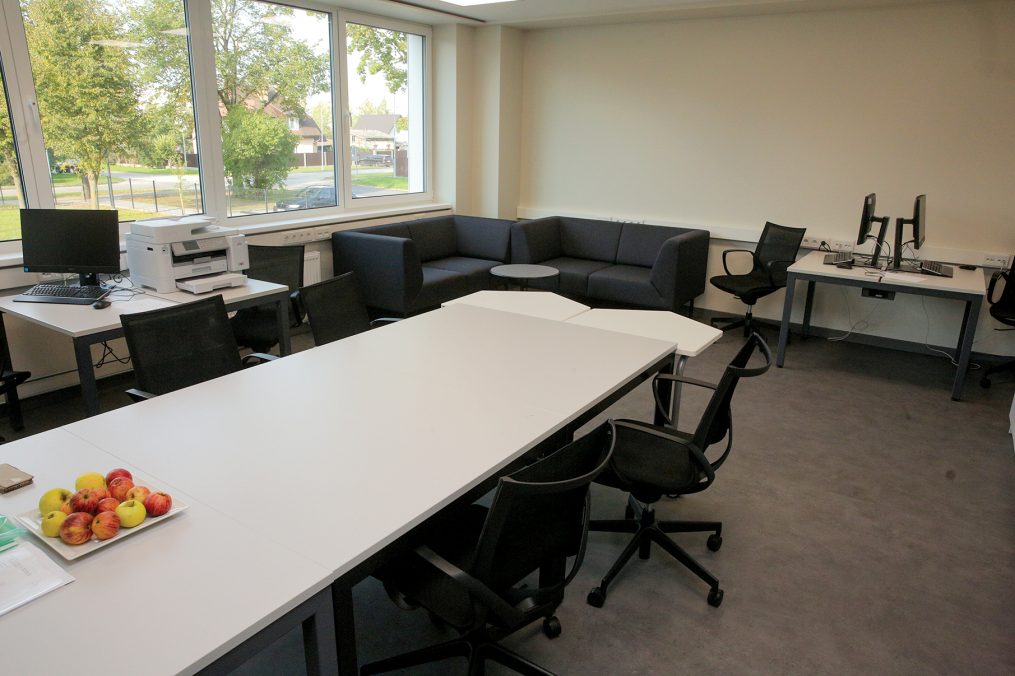
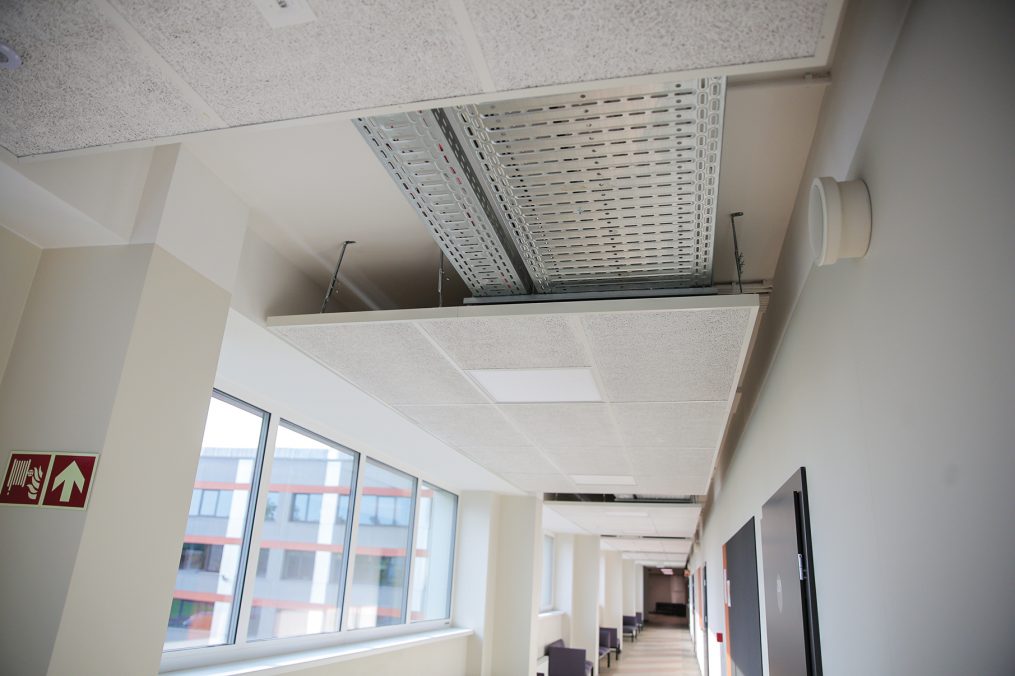
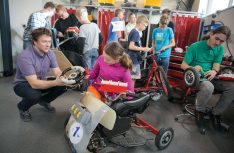
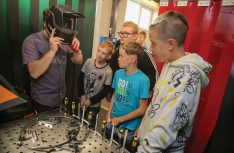
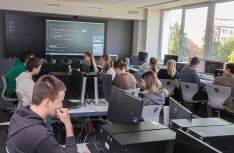
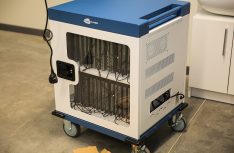
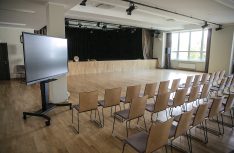
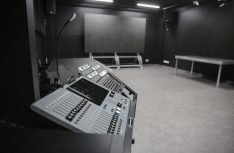
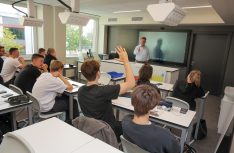
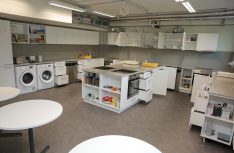
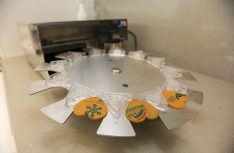
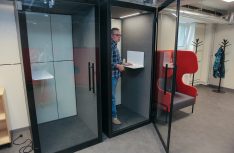
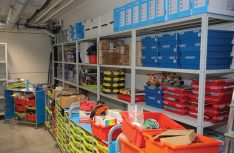
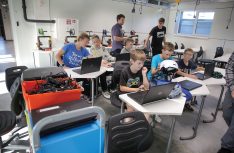
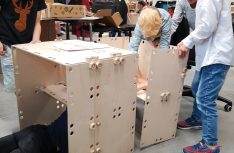

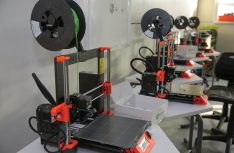
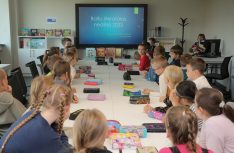
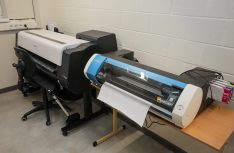
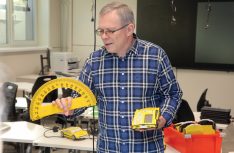
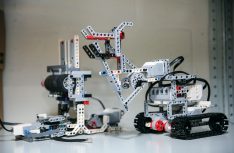
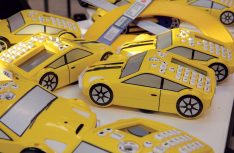
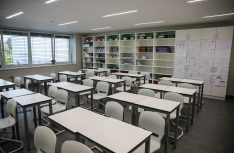
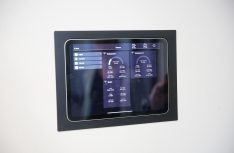
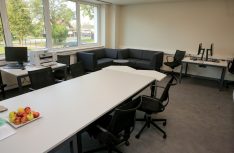
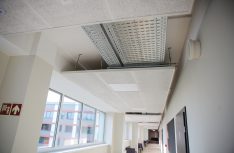
 1.3 °C,
2.4 m/s,
85.5 %
1.3 °C,
2.4 m/s,
85.5 % 